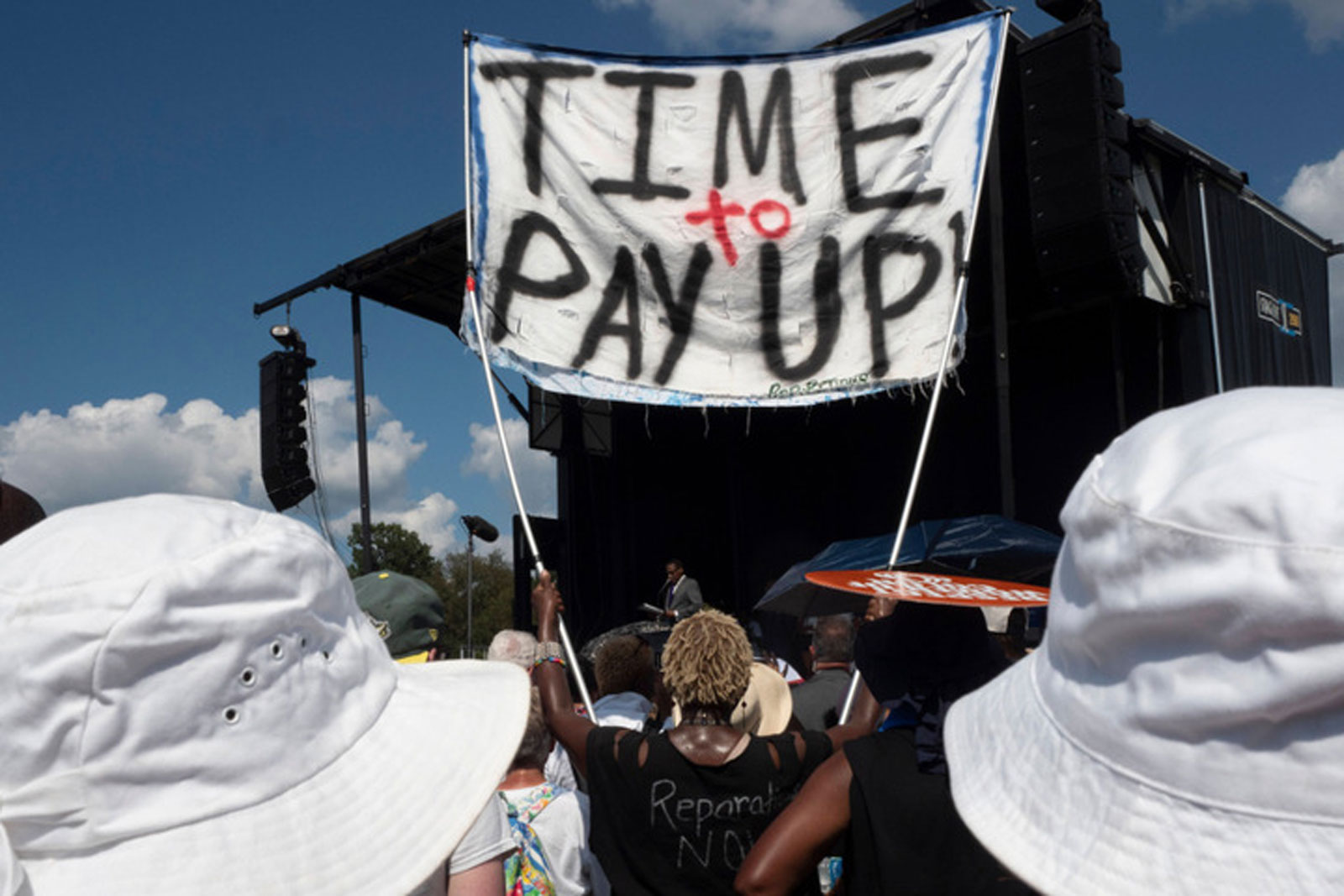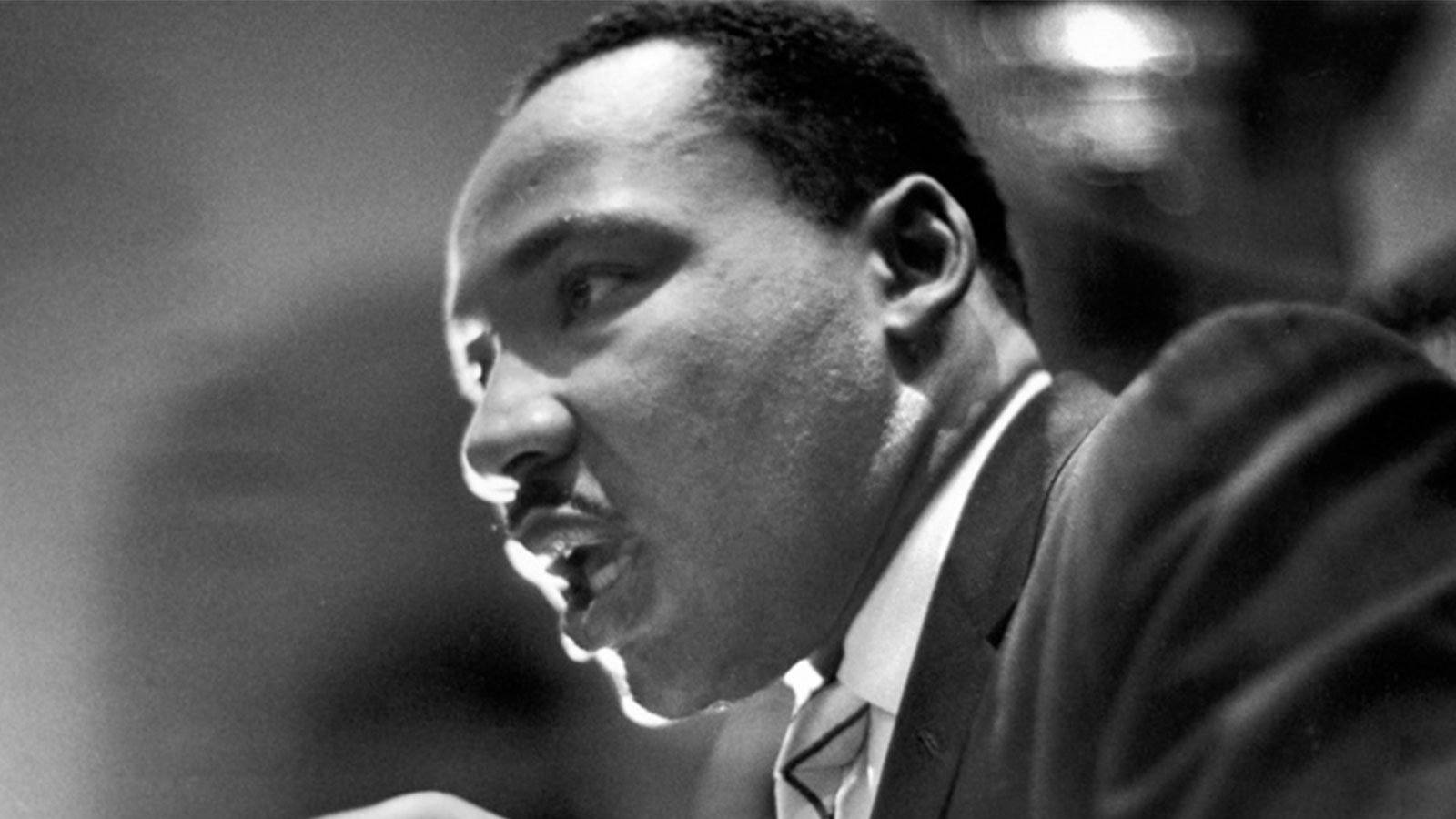This Martin Luther King Day, the legendary Civil Rights leader’s call for reparations is as pressing as ever with the fight for redress picking up steam across the US.
Many Americans know that the Rev. Dr. Martin Luther King Jr. advocated for desegregation and racial equality, but fewer are aware that reparations for Black Americans was key to that vision.
“No amount of gold could provide an adequate compensation for the exploitation and humiliation of the Negro down through the centuries. Not all the wealth in this affluent society could pay the bill. Yet a price can be placed on unpaid wages,” MLK wrote in his 1964 book Why We Can’t Wait.
“The payment should be in the form of a massive program of special, compensatory measures which could be regarded as a settlement in accordance with the accepted practice of common law.”
MLK’s words make clear that the federal government is culpable for denying Black Americans the fruit of their own and their ancestors’ labor – a living legacy that did not end with the passage of the Emancipation Proclamation.
Sixty years later, King’s words still ring true as Black Americans are demanding their due amid generations of state-sanctioned racial oppression, including present-day anti-Black policies.
Daddy understood the assignment.
“When we come to Washington in this campaign we are coming to get our check.”#MLK #PoorPeoplesCampaign pic.twitter.com/GLM35YdcqO
— Be A King (@BerniceKing) June 15, 2022
MLK elevates the demand for repair

A participant in the 60th anniversary of the March on Washington on August 26, 2023, calls for reparations. (IMAGO / ZUMA Wire)
MLK continued to advocate for US government investments to address gross human rights violations and the systematic deprivation of Black communities toward the end of his life.
In 1968, just weeks before his murder, King said, “At the very same time that America refused to give the Negro any land, through an act of Congress our government was giving away millions of acres of land in the West and the Midwest, which meant that it was willing to undergird its white peasants from Europe with an economic floor.”
“But not only did they give the land, they built land grant colleges with government money to teach them how to farm. Not only that, they provided county agents to further their expertise in farming. Not only that, they provided low interest rates in order that they could mechanize their farms. Not only that today, many of these people are receiving millions of dollars in federal subsidies not to farm, and they are the very people telling the Black man that he ought to lift himself by his own bootstraps,” he continued as he outlined the reasons for his Poor People’s Campaign.
“Now, when we come to Washington in this campaign, we are coming to get our check.”
Just as MLK explained, the reparations movement is all about tackling today’s inequities – including an expanding racial wealth gap – at their root, and holding culpable parties accountable for their abuses.
The Why We Can’t Wait coalition – which takes its name from King’s seminal work – and many other activists and advocates have called on President Joe Biden to use his executive authority to enact a federal reparations commission. The body would be tasked with charting a path toward true justice and equality.
Though Biden has so far failed to follow through on MLK’s vision, cities and states across the country are taking steps to reckon with their legacies of white supremacy through the establishment of reparations task forces.
Source: Tag 24


